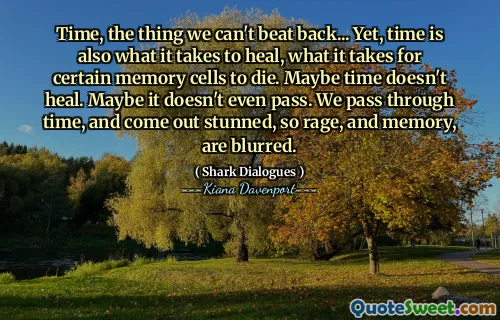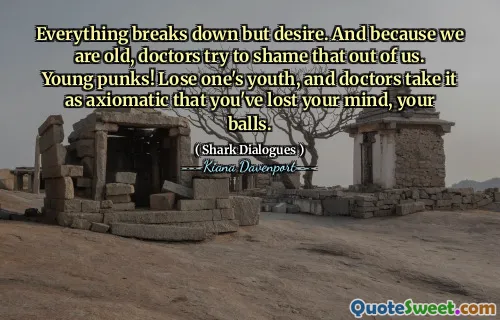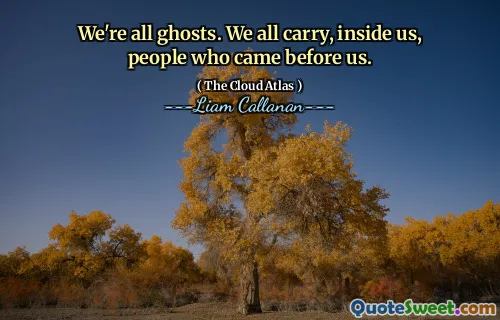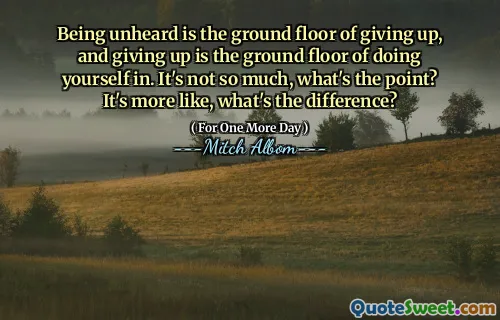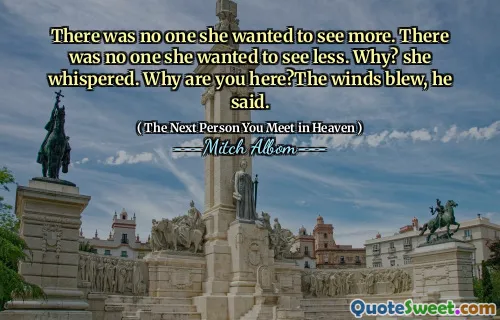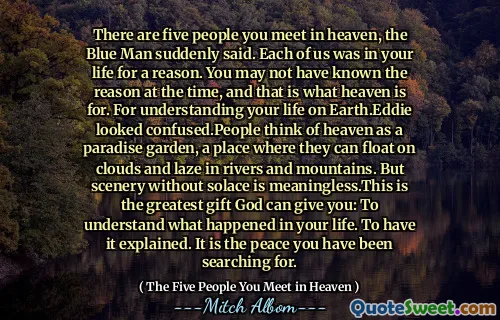
Time, the thing we can't beat back... Yet, time is also what it takes to heal, what it takes for certain memory cells to die. Maybe time doesn't heal. Maybe it doesn't even pass. We pass through time, and come out stunned, so rage, and memory, are blurred.
This quote delves into the enigmatic nature of time and its profound impact on our lives. It suggests a paradox: while we often speak of time as a healer, capable of mending wounds and allowing us to move forward, there is also an implication that time might be an illusion or an abstract concept that does not progress in a straightforward manner. The idea that "we pass through time" rather than time passing resonates with philosophies that see time as a dimension we navigate rather than a force that acts upon us externally. This perspective challenges conventional views and invites reflection on how memory and emotion intertwine with the perception of time. When trauma or intense emotions occur, our memories can become blurred or distorted, much like the effect described as coming out "stunned". Rage can cloud our perception, and over time, our memories fade or change shape, much like a photograph that deteriorates. The notion that perhaps time doesn't heal or even pass pushes us to consider how human experience is shaped more by internal states than by external measures. Our tendency to attribute healing to the ticking clock might be an oversimplification, ignoring the complex, nonlinear ways in which humans process trauma, joy, years, and loss. Ultimately, this quote urges us to think about the subjective nature of time and how our perception of it influences our understanding of growth, healing, and the fleeting nature of memory and emotion.
